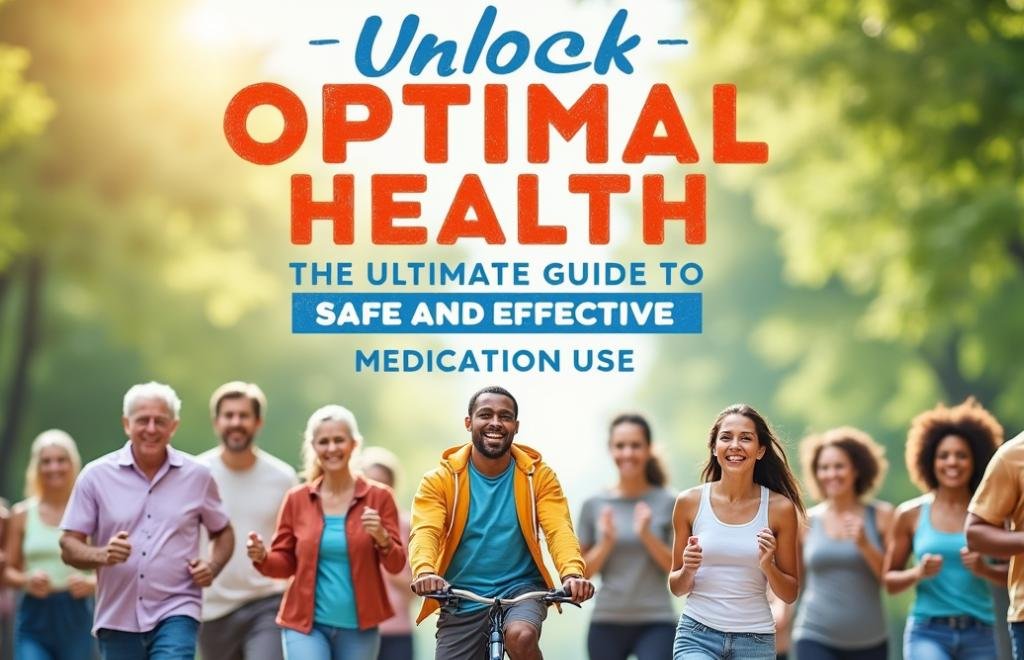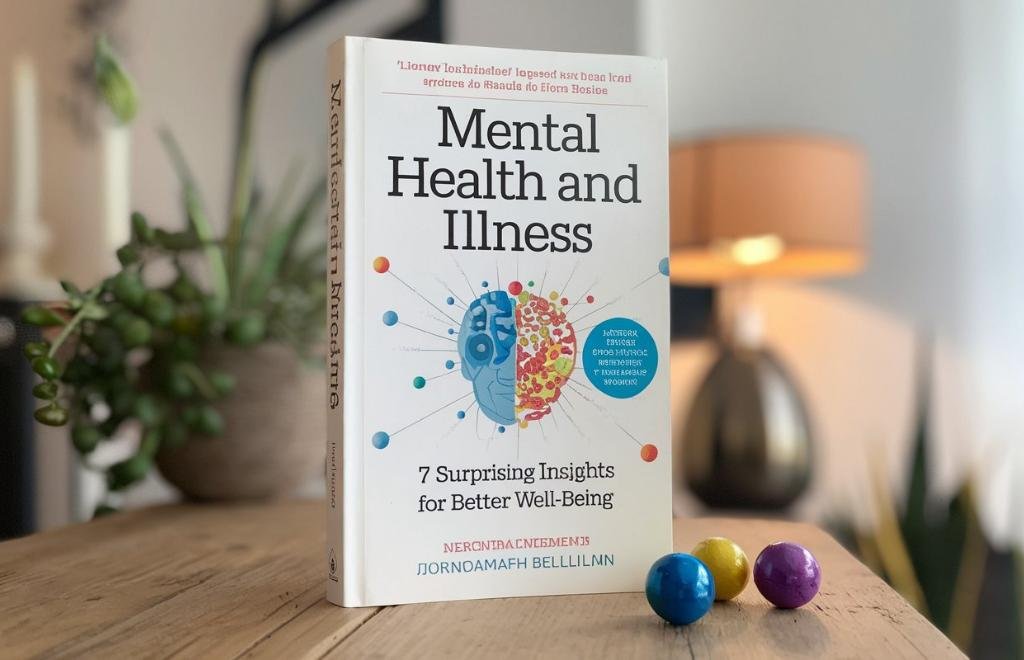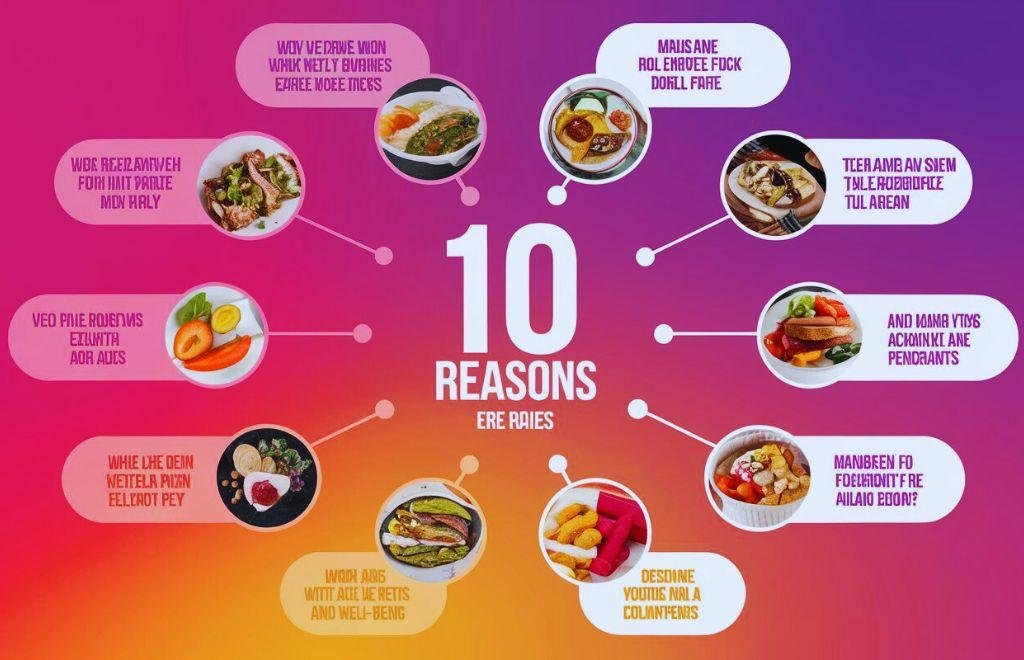Introduction to Medication
What is Medication?
Medication refers to substances used to diagnose, treat, or prevent diseases and medical conditions. Whether you’re dealing with a minor headache or a chronic condition, medication plays a pivotal role in improving health and quality of life. It comes in many forms, from pills and injections to creams and patches, and is an essential part of modern healthcare.
Importance of Medication in Modern Healthcare

In today’s medical landscape, medication is often the first line of defense against illness. It helps manage symptoms, treat infections, and prevent diseases from progressing. Without medication, managing conditions like diabetes, hypertension, and bacterial infections would be significantly more challenging.
The Evolution of Medication Use
The concept of medication has evolved from ancient herbal remedies to highly advanced pharmaceuticals. Early civilizations used plants, minerals, and animal products for medicinal purposes. Today, research and technology have transformed the way we develop and use medications, making treatments more effective and accessible.
Types of Medication

Prescription Medications
These are medications that require a doctor’s approval before they can be dispensed. They are often used to treat more serious or chronic conditions, such as heart disease or infections. Prescription drugs are regulated due to their potency and potential side effects.
Over-the-Counter (OTC) Medications
OTC medications can be purchased without a prescription. Common OTC drugs include pain relievers like ibuprofen and acetaminophen, as well as allergy medications. While they are generally safe when used correctly, it’s important to follow the instructions to avoid misuse.
Generic vs. Brand-Name Medications
Generic medications contain the same active ingredients as their brand-name counterparts but are typically more affordable. While some patients prefer brand-name drugs, studies show that generics are just as effective and safe for most conditions.
Herbal and Alternative Medicines
Herbal remedies and alternative treatments are used by some as natural alternatives to pharmaceutical medications. Though some herbs have medicinal properties, it’s essential to consult a healthcare provider before using them, as they may interact with prescribed medications or cause side effects.
How Medication Works

Mechanism of Action
Medications work by interacting with the body’s systems to produce therapeutic effects. This could involve blocking pain signals, reducing inflammation, or attacking bacteria. The exact mechanism depends on the type of drug and the condition being treated.
Different Routes of Administration
Medications can be administered in several ways, depending on how quickly and effectively they need to work:
Oral Medication
The most common method, where medication is swallowed in pill or liquid form. It’s convenient but may take longer to work as it needs to be absorbed through the digestive system.
Intravenous (IV) Medication
IV medication is injected directly into the bloodstream, offering rapid results. This method is often used in hospitals for severe conditions or when immediate drug action is necessary.
Topical Application
Topical medications, like creams and ointments, are applied directly to the skin. They are useful for treating localized issues such as rashes, infections, or pain relief.
Factors Influencing Medication Effectiveness

Dosage and Frequency
The effectiveness of a medication depends heavily on taking the correct dose at the prescribed intervals. Missing doses or taking too much can reduce the medication’s effectiveness or lead to serious side effects.
Drug Interactions
Certain medications can interact with each other, either enhancing or reducing their effects. It’s crucial to inform your healthcare provider of all medications you’re taking, including OTC drugs and supplements.
Patient’s Health Conditions
Pre-existing health conditions can affect how a medication works. For instance, a person with liver disease may metabolize certain drugs more slowly, necessitating dosage adjustments.
Adherence to Medication Schedules
Taking medication as prescribed, known as adherence, is critical to its success. Patients who fail to follow their medication regimen risk incomplete recovery or worsening of their condition.
Common Categories of Medications

Antibiotics
Antibiotics are used to treat bacterial infections. It’s important to take the full course of antibiotics even if symptoms improve, to prevent the bacteria from developing resistance.
Pain Relievers (Analgesics)
Pain relievers, such as ibuprofen and acetaminophen, are used to manage pain ranging from headaches to chronic conditions. It’s essential to use them responsibly to avoid side effects like gastrointestinal problems or liver damage.
Antidepressants
Antidepressants help manage symptoms of depression by affecting neurotransmitters in the brain. They typically take several weeks to show noticeable effects, and should not be stopped abruptly without consulting a doctor.
Antihistamines
These drugs are commonly used to treat allergies by blocking the effects of histamine, a substance that causes allergy symptoms like sneezing, itching, and runny nose.
Antihypertensive
Used to lower high blood pressure, antihypertensive are vital in preventing heart disease and strokes. Regular monitoring of blood pressure is necessary to ensure the medication is working effectively.
Understanding Side Effects

Why Side Effects Occur
Side effects occur when a drug affects areas of the body other than the targeted issue. This can be due to the drug’s mechanism of action or how an individual’s body reacts to it.
Common Side Effects of Popular Medications
For example, antibiotics may cause nausea, while antihistamines can lead to drowsiness. Being aware of potential side effects can help manage them better.
Managing Side Effects
If you experience side effects, it’s important to consult your doctor. They may adjust the dosage, switch medications, or suggest ways to mitigate the unwanted effects.
Safe Use of Medication

Reading Labels and Instructions
Always read the medication label carefully to understand the correct dosage, potential side effects, and any warnings. Following these instructions can prevent accidental misuse.
Medication Storage
Store medications in a cool, dry place away from direct sunlight. Some medications may require refrigeration, so it’s important to check the storage instructions.
Importance of Consulting Healthcare Providers
Before starting, stopping, or combining medications, always consult your healthcare provider to ensure safety and avoid harmful interactions.
The Role of Pharmacists

Pharmacists as Medication Experts
Pharmacists are highly trained professionals who can provide valuable advice on how to use medications safely. They can answer questions about drug interactions, side effects, and proper storage.
How Pharmacists Help Manage Medication Safety
Pharmacists also ensure that prescriptions are filled accurately and that patients receive the correct medications. They are an excellent resource for understanding more about your medication.
The Future of Medication

Personalized Medicine
With advances in genetic research, personalized medicine is becoming more common. This approach tailors medication to the individual’s genetic makeup, leading to more effective and safer treatments.
Advances in Drug Development
As technology progresses, new drugs are continually being developed to treat a wider range of conditions more effectively. This includes advancements in biotechnology, which are leading to more targeted and efficient medications.
Conclusion
Medication is a cornerstone of modern healthcare, providing relief from pain, managing chronic conditions, and fighting off infections. Understanding how medications work, their potential side effects, and how to use them safely is crucial for maximizing their benefits. Always consult healthcare professionals to ensure the best outcomes, and stay informed about any new developments in the world of medicine.
FAQs of Medication
What should I do if I miss a dose of my medication?
If you miss a dose, take it as soon as you remember. However, if it’s almost time for the next dose, skip the missed one and continue with your regular schedule. Never double up doses unless instructed by a doctor.
Can I take expired medication?
Taking expired medication is not recommended as its effectiveness may decrease, and it could potentially be harmful. Always check expiration dates and dispose of expired medications properly.
How do I know if a medication is working?
You’ll usually notice an improvement in your symptoms. However, for some medications, such as antidepressants, it may take a few weeks before you see results. Always follow up with your healthcare provider to track progress.
Are generic medications as effective as brand-name medications?
Yes, generic medications are required by law to have the same active ingredients, strength, and effectiveness as brand-name drugs. They are a cost-effective alternative.
What is the best way to store medications?
Store medications in a cool, dry place, away from sunlight and moisture. Avoid storing them in the bathroom, where humidity can affect their potency. Always check if certain medications need refrigeration.







